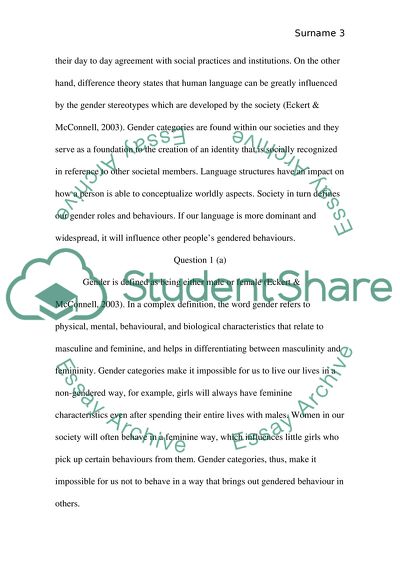Cite this document
(Language, Society and Power Assignment Example | Topics and Well Written Essays - 2500 words, n.d.)
Language, Society and Power Assignment Example | Topics and Well Written Essays - 2500 words. Retrieved from https://studentshare.org/social-science/1815233-languagesocity-and-power
Language, Society and Power Assignment Example | Topics and Well Written Essays - 2500 words. Retrieved from https://studentshare.org/social-science/1815233-languagesocity-and-power
(Language, Society and Power Assignment Example | Topics and Well Written Essays - 2500 Words)
Language, Society and Power Assignment Example | Topics and Well Written Essays - 2500 Words. https://studentshare.org/social-science/1815233-languagesocity-and-power.
Language, Society and Power Assignment Example | Topics and Well Written Essays - 2500 Words. https://studentshare.org/social-science/1815233-languagesocity-and-power.
“Language, Society and Power Assignment Example | Topics and Well Written Essays - 2500 Words”. https://studentshare.org/social-science/1815233-languagesocity-and-power.


